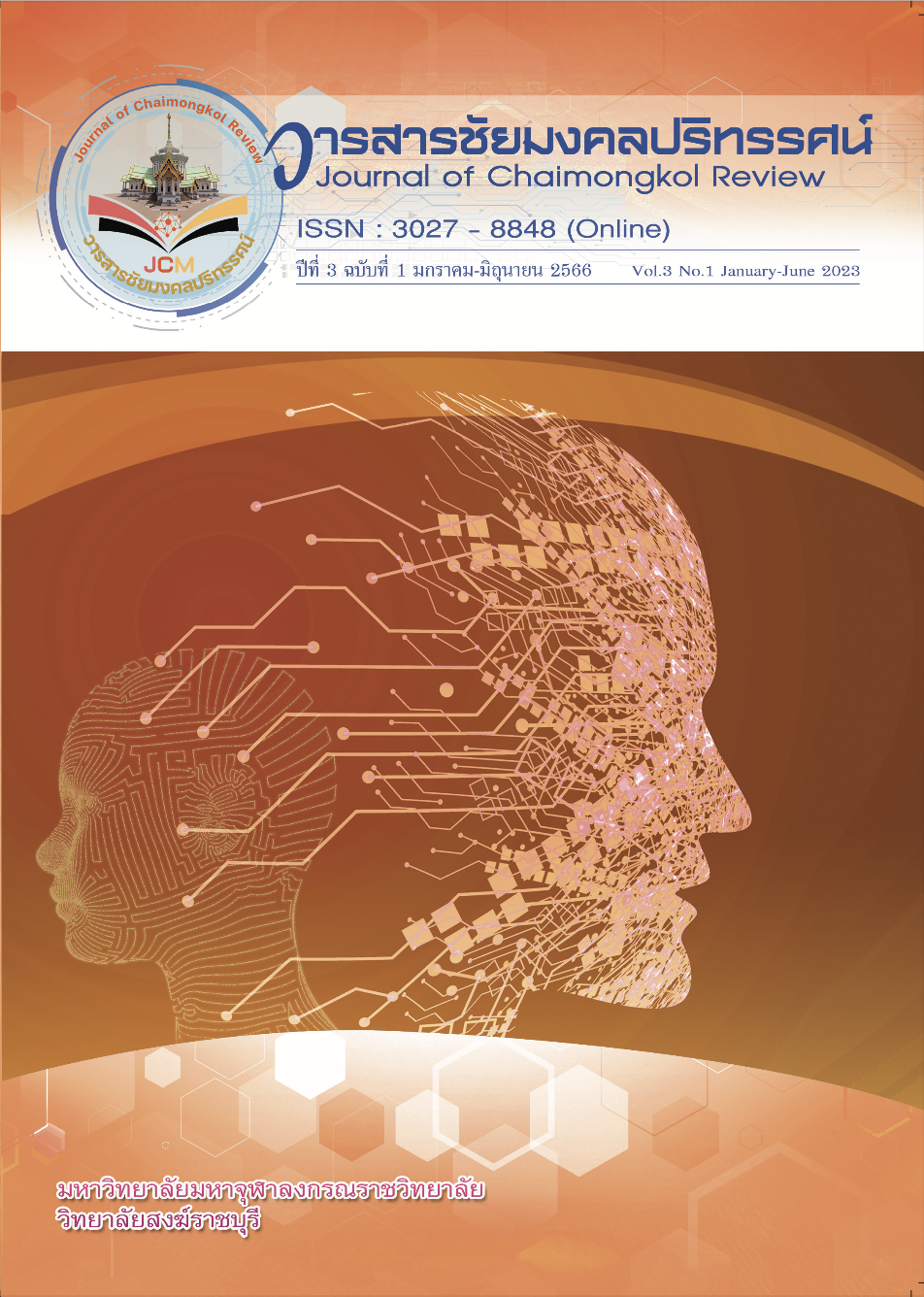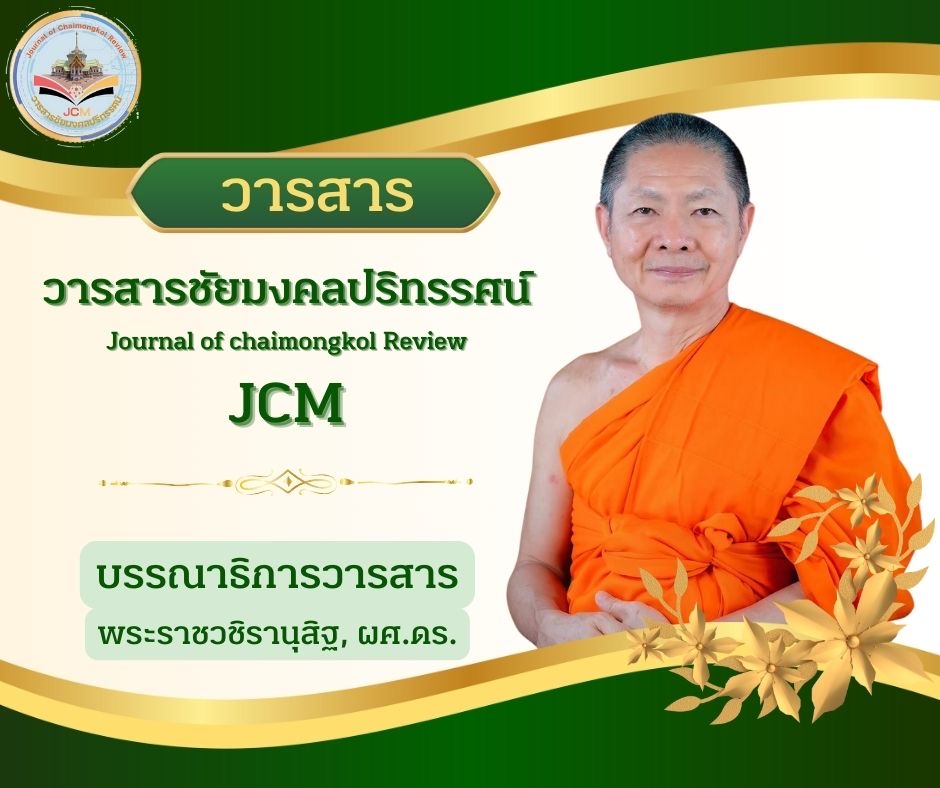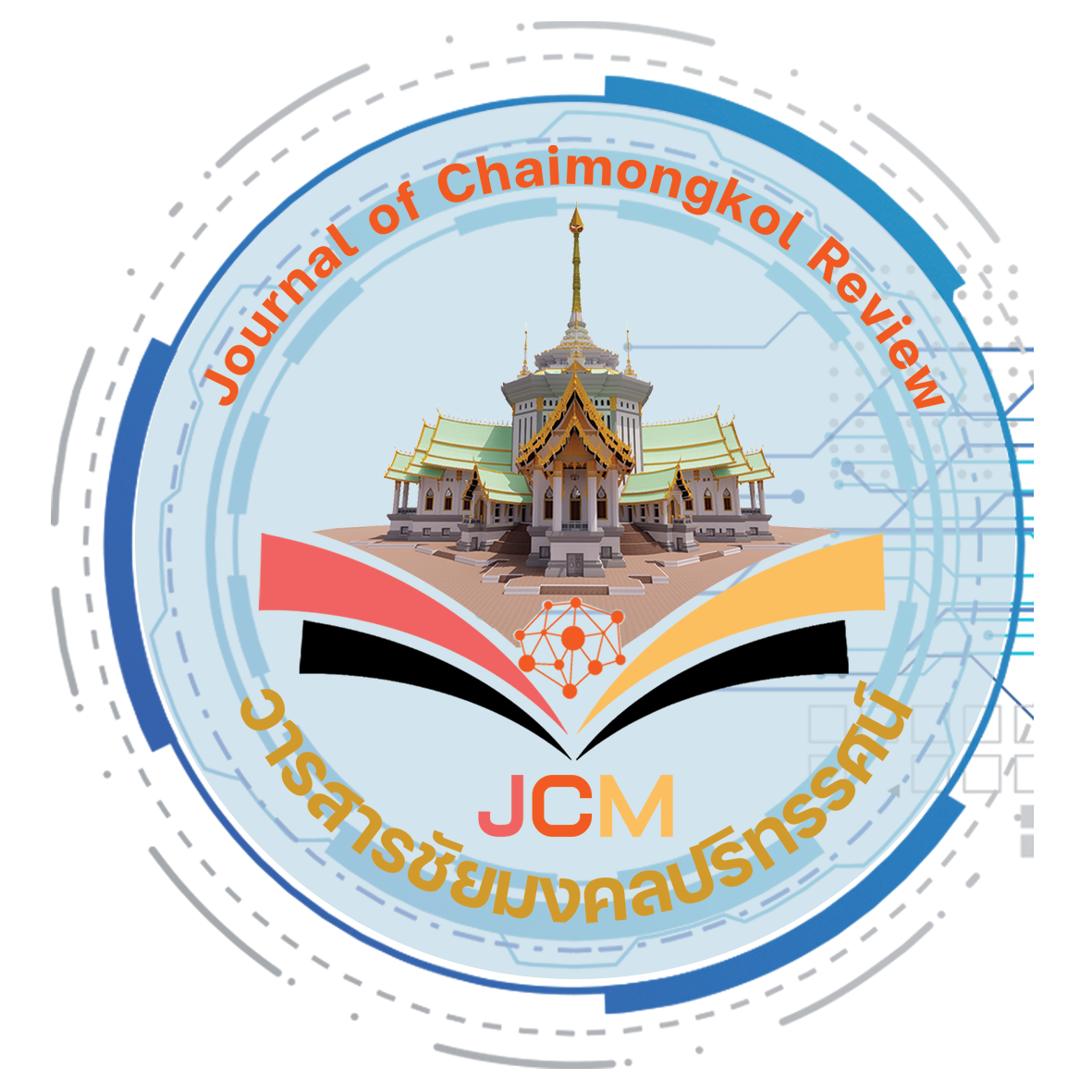DEMOCRACY: RELIABILITY IN THE POLITICAL INSTITUTION
Keywords:
Democracy, Reliability, The Political InstitutionAbstract
Thai Political institutions include the government, political parties, and independent entities. It was to find the problem of power and the inclination of power. Suppose Thai political institutions had low political power. As a result, less instability and weakness could not solve the country's problem. They wouldn’t do the work to achieve societal expectations if the government had high political power. As a result, it would be unstable, strong, unable to respond to society, and tend to misuse its power. However, there was management of the problem with the army's power, which overthrew the constitution and parliament. It affected the lack of reliability of the political institutions. It was under the influence of capital groups and was helpful in the parliament in dealing with corruption or conflict of interest. Problems were affected by the reliability of the political institutions. The political institution's development was too strong; it must start from the people and must be political participation, directly and indirectly, to stimulate the function of the political institutions and encourage democracy and the corruption of the political institutions. So, the power of government inspection tools was significant because the inspection tools were usefulness from the power the government and It was used control the power of government to the mission of the government and protection usefulness from the power of government and protection the rights of people through the power of the political institutions.
References
เขมภัทร ทฤษฎิคุณ. (2557). แนวทางการมีส่วนร่วมในการตรวจสอบอำนาจรัฐ. กรุงเทพฯ: มหาวิทยาลัยธรรมศาสตร์.
จุมพล หนิมพานิช. (2546). สถาบันการเมือง. เอกสารการสอนชุดวิชาหลักพื้นฐานทางรัฐศาสตร์ (หน่วยที่ 1-9). นนทบุรี: มหาวิทยาลัยสุโขทัยธรรมธิราช.
ธัชวุฒิ จาดบันดิสถ์. (2551). ความชอบธรรมของ สถาบนัทางการเมืองไทย : การศึกษาเปรียบเทียบทัศนะของชนชั้นกลางและชนชั้นล่างในเขตกรุงเทพมหานคร (วิทยานิพนธ์ รัฐศาสตรมหาบัณฑิต). เชียงใหม่: มหาวิทยาลัยเชียงใหม่.
บุญวรา สุมะโน. (2558). ทำไมจึงไม่เชื่อมั่นในตัวนักการเมือง. กรุงเทพฯ: สถาบันวิจัยเพื่อการพัฒนาประเทศไทย (ทีดีอาร์ไอ).
บรรเจิดสิงคะเนติ. (2547). การควบคุมและตรวจสอบการใช้อำนาจรัฐ. กรุงเทพฯ: มหาวิทยาลัยธรรมศาสตร์.
บวรศักดิ์ อุวรรณโณ. (2552). วิกฤตเศรษฐกิจและวิกฤตการทางการเมืองในประเทศไทยในอดีตและปัจจุบัน. นนทุบรี: สถาบันพระปกเกล้า.
บูฆอรี ยีหมะ. (2547). สถาบันการเมืองกับการพัฒนาการทางการเมืองไทย. สงขลา: มหาวิทาลัยราชภัฏสงขลา.
วิชัย ตันศิริ. (2550). วิกฤติการเมือง 2549-2550. ปทุมธานี: มหาวิทยาลัยรังสิต.
วิชชา จีระแพทย์. (2552). การตรวจสอบการใช้อำนาจของรัฐตามรัฐธรรมนูญแห่งราชอาณาจักรไทย พุทธศักราช 2550 กับบทบาทของพนักงานอัยการ. กรุงเทพฯ: สำนักงานอัยการสูงสุด.
วิวัฒน์ เอี่ยมไพรวัน. (2544). การเมืองการปกครองตามรัฐธรรมนูญฉบับประชาชน. กรุงเทพฯ: วิ.เจ.พริ้นติ้ง.
สำนักงานเลขาธิการสภาผู้แทนราษฎร. (2550). การรัฐประหารในประเทศไทย. กรุงเทพฯ: สำนักงานเลขาธิการสภาผู้แทนราษฎร.
Goodin, R.E. (1996). The Theory of Institutional Design. Cambridge: Cambridge University Press.
Samuel, P. H. (1968). Political Order in Changing Societies. Cambridge, Massachusetts: Yale University Press.







